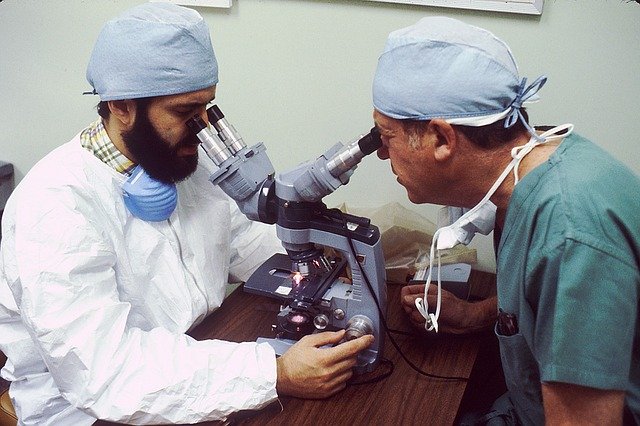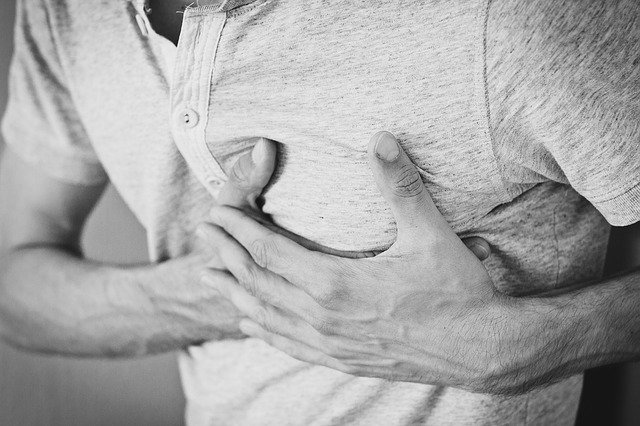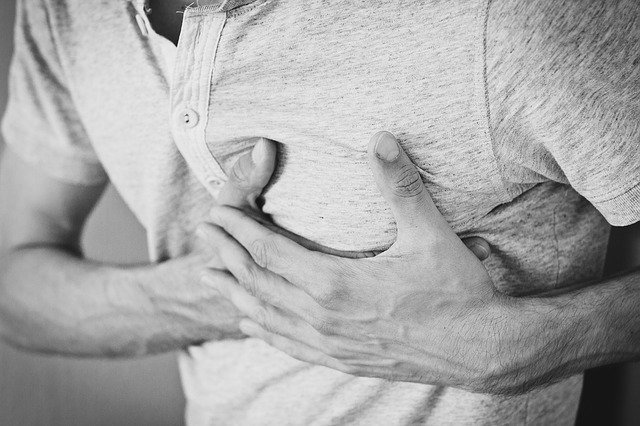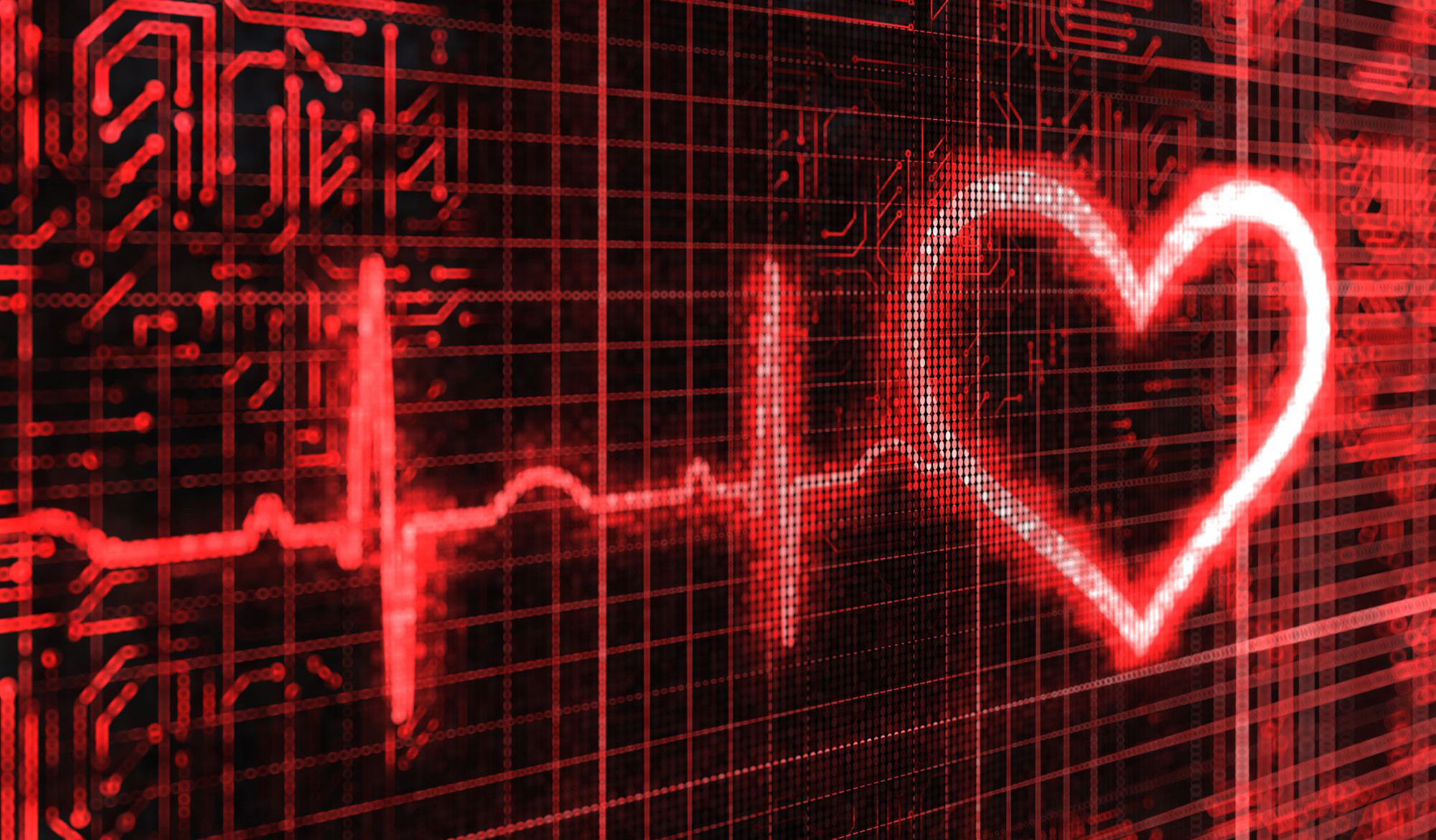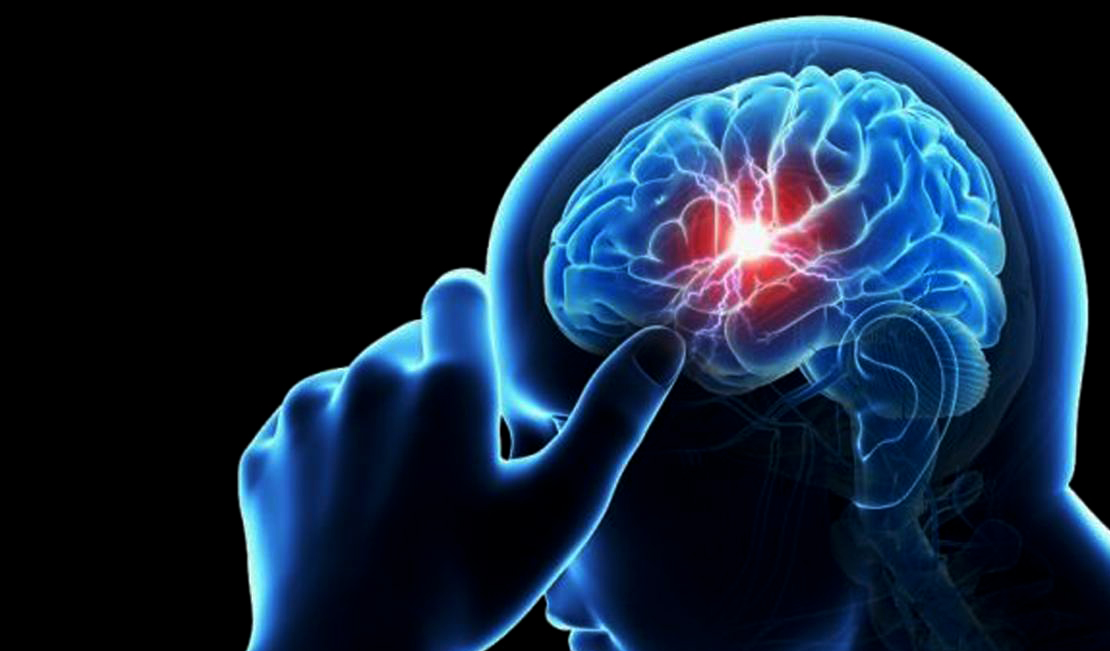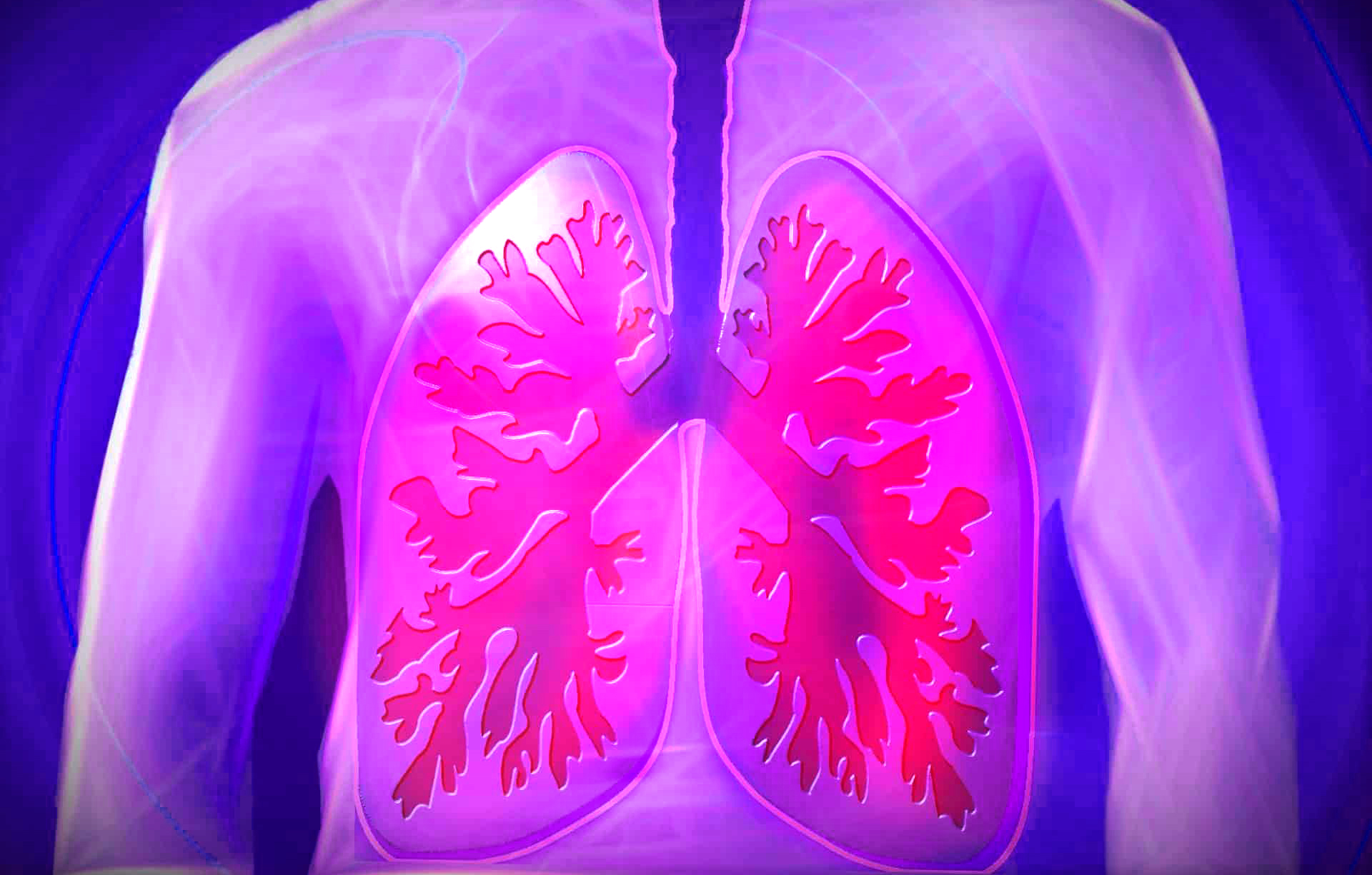A recent stem cell study has shown that SARS-CoV-2, the novel coronavirus, can infect heart cells via the same receptor present in the lungs. This may be responsible for the cardiac complications associated with COVID-19.
Experts initially thought that COVID-19 was a respiratory disease, with symptoms including cough, shortness of breath, and pneumonia. However, more recent evidence into COVID-19 shows that the disease can also cause neurological and cardiac symptoms.
Physicians have reported changes to the circulatory system in people with COVID-19, sometimes leading to blood clots, as well as cardiac complications, such as changes to the heart rhythm, damage to heart tissue, and heart attacks.
Although there is widespread agreement that COVID-19 is a risk to the heart, whether these symptoms are due to the virus directly or a consequence of other disease processes, such as inflammation, has been unclear.
In a new study appearing in the journal Cell Reports Medicine, scientists have helped resolve this mystery by showing that SARS-CoV-2 can infect heart cells and change their function.
Their findings, from experiments in human stem cells, suggest that the cardiac symptoms of COVID-19 may be the direct result of the infection of heart tissue.
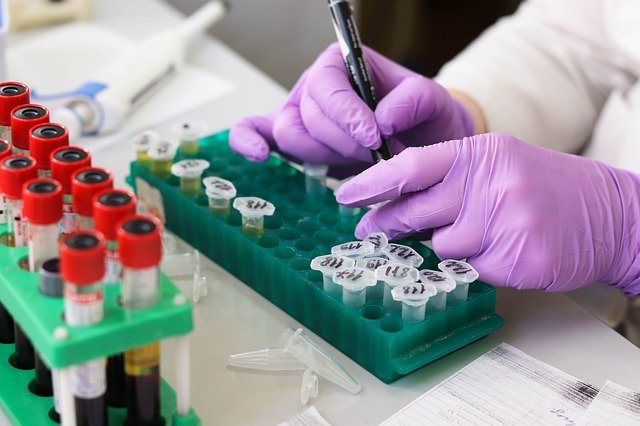
SARS-CoV-2 behavior in heart cells
The scientists used a type of stem cell called induced pluripotent stem cells (iPSCs) to generate heart cells.
Scientists can create iPSCs from a person’s skin cells and then reprogram them to become any cell type in the body. They provide a useful tool for research into human disease and a way to test new treatments.
In this study, the team programmed the iPSCs to become heart cells and later incubated them with SARS-CoV-2. Using microscopes and genetic sequencing techniques, the researchers found that SARS-CoV-2 could directly infect the heart cells.
They also showed that the virus can rapidly divide inside heart cells, which caused changes to the heart’s ability to beat after a period of under 3 days.
“We not only uncovered that these stem cell-derived heart cells are susceptible to infection by [the] novel coronavirus, but that the virus can also quickly divide within the heart muscle cells,” explains first study author Dr. Arun Sharma, a research fellow at the Regenerative Medicine Institute of Cedars-Sinai Medical Center in Los Angeles, CA.

